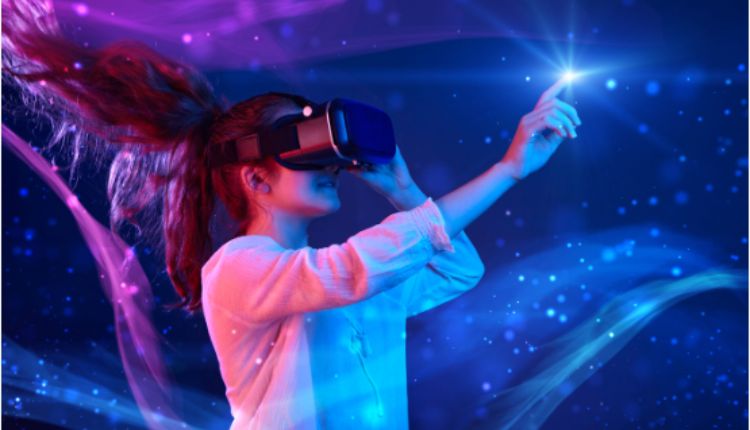Virtual reality is the hippest new technology all over the world and it’s starting to spread to different industries. It can be used in a variety of ways to enhance brand experience and create unique events. VR tours of vacation rentals can capture the authentic perspective that still photos or traditional virtual tours can’t. They also save time by eliminating the need for prospective renters to travel to view properties in person.
Virtual Reality Is The Future Of Entertainment
Virtual Reality immerses people in digitally simulated environments. Its uses range from fun and pleasure to education and health. It is a great way to cheer on your favorite sports team, experience an art gallery exhibit, or take a roller coaster ride. Many museums and galleries use VR to give remote visitors a tour of their exhibits. These apps promote their establishments worldwide and encourage new visitors. The British Museum has even partnered with Onix to make their collection available on VR headsets.
VR is also being used in the music industry, enabling fans to watch a concert from the best seats or even jump on stage with their favorite band. Some artists have launched their own VR experiences on the MelodyVR platform, while others are joining the Metaverse, a converged virtual space that offers interoperable content.
Virtual Reality Is The Future Of Education
Educators are eager to use VR in the classroom, but they face several challenges. These include the cost of the equipment, pedagogical dimensions, and limited content availability. Despite these challenges, immersive education is an important part of the future of education. Virtual reality offers a unique way to enhance learning experiences by taking students on virtual field trips that would be impossible or expensive to visit in person. This type of experiential learning is particularly useful for subjects such as geography, history, and STEM. For example, students can experience the Parthenon or the Great Wall of China through VR.
Additionally, VR can be used to teach new skills or reinforce existing ones. Industries such as the military, surgeons, and commercial pilots are adopting VR for rapid training and on-demand practice. This helps them increase efficiency and reduce costs while improving the quality of their services. It also reduces the risk of injury and allows users to re-train without losing their skills.
Virtual Reality Is The Future Of Real Estate
Virtual reality has been used in the real estate industry to increase engagement and sales. This technology can also help to save time and money for both clients and realtors. It can also allow home buyers to view properties without having to visit them in person. This can be especially useful for buyers from out of town, who may have to travel a long distance to see houses.
Additionally, vr rental can be used to show potential buyers the interior of a house before it is completed. This can be helpful to avoid costly mistakes during construction and prevent the buyer from being disappointed when they see a finished product that is not what they expected. It can also help to reduce costs for developers by eliminating the need to build models and furnishings. This can help to improve NPVs and IRRs and make condo developments more profitable and competitive.
Virtual Reality Is The Future Of Events
VR has been used in a number of ways to enhance communications and collaboration, especially with the growing popularity of virtual reality headsets. This technology has many applications in the event industry and is set to revolutionize the way that events are planned and executed. For example, if an event is held online, VR can be used to give attendees the feeling of being at the actual venue. This could be particularly useful for conferences and other business events.
Similarly, VR can be used to create immersive experiences for attendees at entertainment events. For example, fans of a particular band can wear VR headsets to feel like they are at the front of the stage. The technology can also be used to broadcast sporting events. For example, FOX Sports has been using VR to broadcast NBA games. VR also offers a number of other benefits for the event industry. For instance, it can be used to enable remote attendance for participants who would otherwise be unable to attend an in-person event. In addition, it can be used to improve social inclusion.
Conclusion
VR may have started out with a bad reputation but it’s expanding quickly. From immersive car rides to sensorial tours of breweries, it’s becoming increasingly useful to events. Parallel, a software engineer working with Bluewater to support virtual events, explains that VR doesn’t just replace physical meetings. It can help attendees connect and learn, too.












